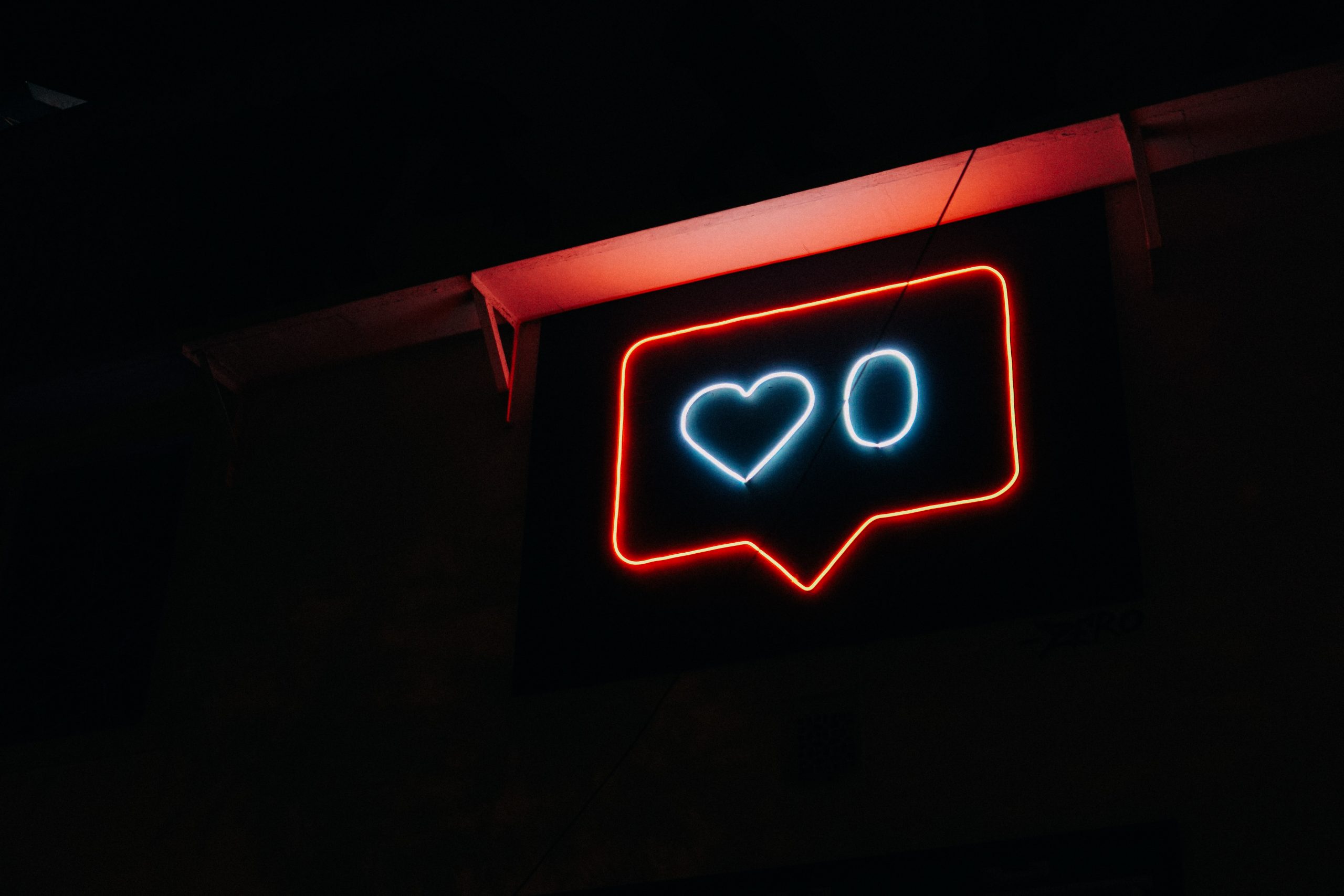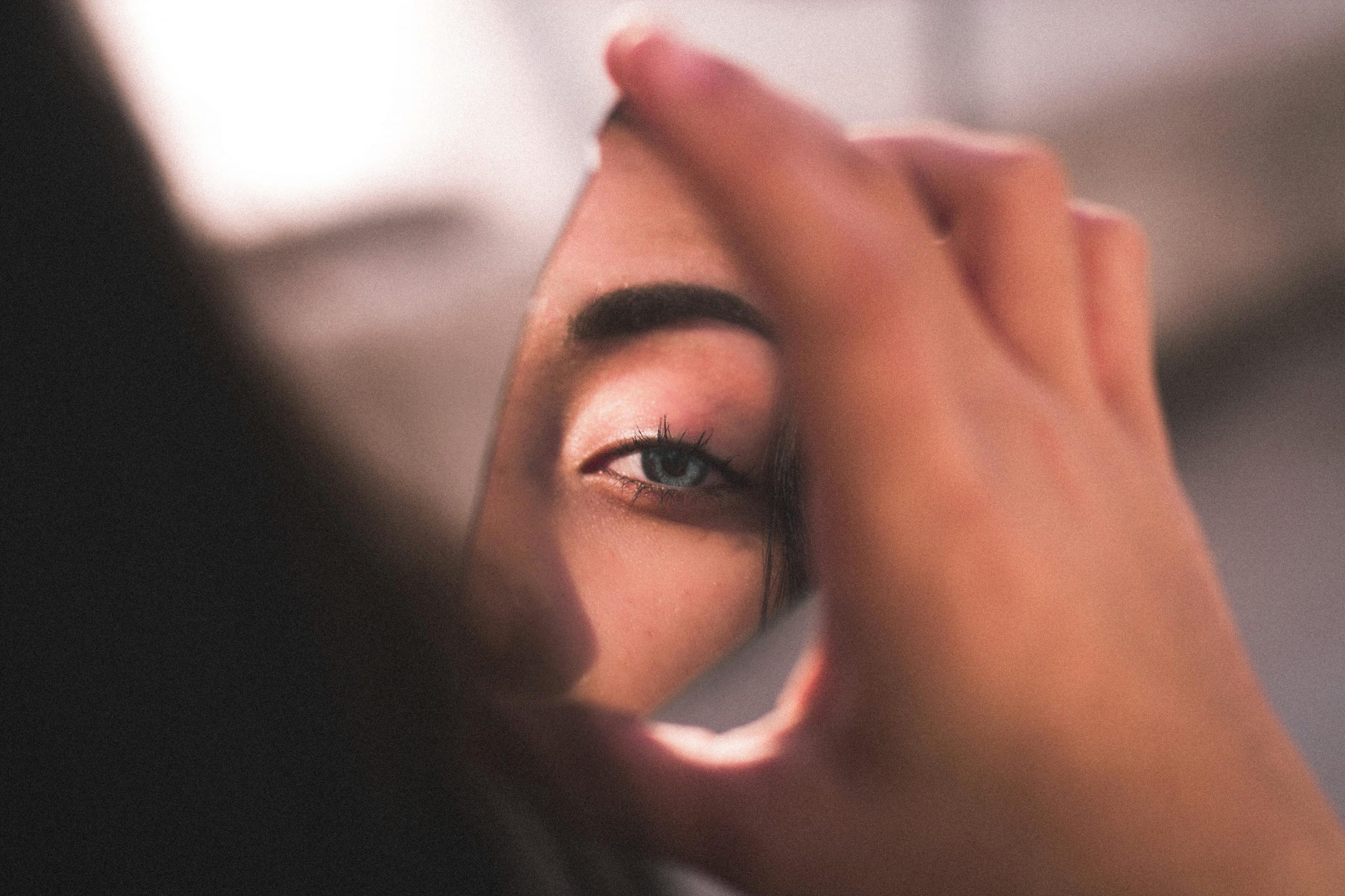Social networks are “the habitat of happy and successful people”. At least, this is the feeling most of us may have after checking profiles on social media. The pages and channels of many people are filled exclusively with photographs and descriptions of beautiful vacations, delicious food and all kinds of entertainment.
Actively observing the content people choose to share on social media can heighten the feeling that they are living more attractive, interesting and fulfilling lives. Everyone has examples of Instagram news about someone traveling the world, or Facebook posts about someone’s wonderful family life, or successful life stories. All of this makes us feel like our own life is boring and full of struggles.
But this is not the case. My life is not terrible at all, and neither is yours.
The social media myth of perfection
When we compare our life to someone else’s social media profile, we are comparing our worst against another’s best. While we know the challenges we face ourselves every day, we can only guess about the lives of others. We trust the feed more than we should, and our guesses are often much further off than we would imagine. Sometimes you may not even notice that the life of others is not so beautiful at all. People tend to only tell good stories about themselves. The stories they are proud of, like promotions, weddings or vacations.
But no one brags about their hard days, and we end up comparing our imperfect existence with the incredible achievements of our “opponents”.
The world has a balance, everything has both good and bad. The perfectly stylized, beautifully composed photographs all have a less glamorous story to tell too. We, naturally, often try to hide it. For example, when we get sick or make mistakes. Everyone uploads their diplomas and medals, but no one posts about a failed thesis defence or rejection letter.
“Fear of missing out” syndrome
If you find yourself in the grip of a persistent feeling of anxiousness or you struggle with self-worth, and you tell yourself lines that have begun to feel rehearsed and all begin with the phrase “everyone but me”, you might be missing something. You may have a “fear of missing out” syndrome.
FOMO – fear of missing out – is an obsessive feeling that insists you live a life much less fulfilling than those around you.
You think you don’t have time for anything, although, if you really tried, you could. All of the most interesting things happen where you are not – or only after you’ve left, or before you ever made it there, although, if you really were to think about it, you’ve had your share of experiences too. And the stronger this feeling gets, the greater the desire to check: but what about others?
Remember: in the real world nothing is perfect, there is a balance between plus and minus in nature. Idealization is dangerous precisely because sooner or later pride comes before a fall. And the more something has been idealized, the more terrible the disappointment will be. What we see on the pages that make up our friends’ and acquaintances’ digital lives is often nothing more than “one-sided happiness”.
Have you become a hostage to your ideal life?
It can also be the opposite situation. Maybe it’s you who is trying to build your social media life to be as perfect as possible instead of being the real you. If that’s the case and you wish to change it, then, first of all, you need to assess where you present more, in real life or online. Think about what gives you greater pleasure, finally getting to the concert with your favourite band, or the stash of photos and videos you’ll post on social media afterwards? Do you prefer to live in the moment and enjoy what is happening, or are you only interested in taking pictures of the events and getting likes on social media?
If you suddenly realize there’s a large gap between virtual life and real life, it’s time to decide who you want to be.
How to avoid falling into the trap of social media?
Social media is a window that allows us glimpses into the lives of others. It seems to us that Facebook, Twitter, LinkedIn and Instagram have made people live lives that invite us in as openly and honestly as possible. But do not forget that we, whether consciously or not, strive to create a “better version” of ourselves on social media. We not only select photos from the best angles but also the “right” links to share; we show up exclusively at the “right” events and places. Social media is simply not a reflection of reality. It seems that everyone understands this, but it is still difficult to refrain from making comparisons.
If you are worried that you are wasting too much time on idle web activity, there are some steps you can take. For example, remove certain apps from your phone, celebrate your achievements and interests, accept that you don’t have to keep up with everything, arrange a digital detox and enjoy life in the here and now. There is no time like the present.



